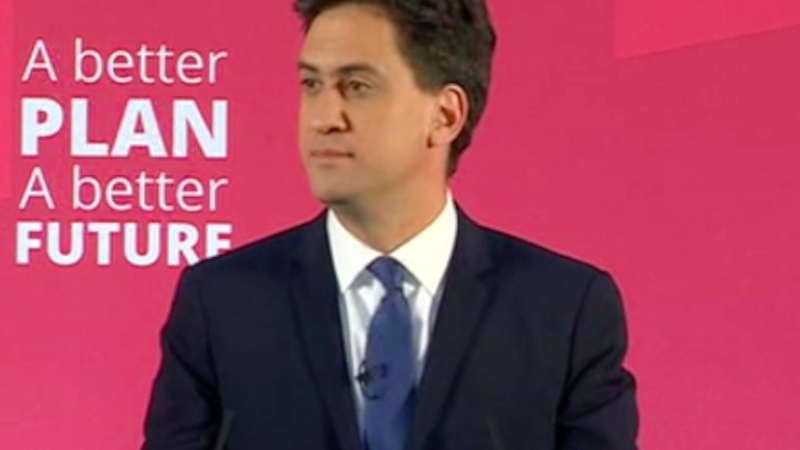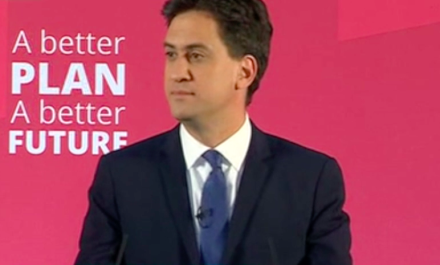

An unpublished internal report into Labour’s defeat has come to light – and it makes for harsher reading than last week’s Beckett Report. Although it reaches many of the same conclusions as the public report – finding the voters’ lack of trust in Labour on the economy, welfare, immigration and leadership the main reasons for defeat – it appears to be more pointed in its analysis.
The report, called ‘Emerging from the Darkness’, was written by pollster Deborah Mattinson, and was commissioned by interim leader Harriet Harman last June.
ITV News carries details of the dossier, which warns that “Labour negatives are deep and powerful”. The Mail on Sunday carried further details of a report called ‘What Happened?’
The party will now come under pressure to release the report in full.
Mattinson yesterday described the Beckett Report as “a whitewash”, and said that it was a missed opportunity for the party to learn the lessons of its defeat. Writing for Progress, she said that “The document devotes considerably more space to defending Labour’s performance than it does to understanding why Labour lost.”
For the review, focus groups were carried out in areas where Labour’s performance had been particularly disappointing, such as Croydon, Edinburgh, Glasgow, Nuneaton and Watford.
In Scotland, voters were likely to say that Labour was too similar to the Conservatives, except less competent. To recover there, Labour needs to “show it takes Scotland seriously”.
Voters said that the party has an “appalling” track record on the economy, and is “in denial” about how it is perceived. They felt Ed Miliband was “weak and bumbling” and that Labour would help “people on benefits rather than hard-working families”.
Writing for the Staggers over the weekend, Spencer Livermore, a senior adviser to Ed Miliband, wrote that the Beckett had “nothing new to reveal”. He said:
“Some have said the report did not reveal anything new, but that is unfair. There is nothing new to reveal. It has been clear for some time what Labour got wrong: we lost because we did not build trust on the economy or connect with the centre-ground; our leader was perceived to be weaker than our opponent; and voters feared the prospect of a minority Labour government propped up by the SNP.”




More from LabourList
Antonia Romeo appointed to lead civil service as new Cabinet Secretary
‘If Labour is serious about upskilling Britain, it must mobilise local businesses’
Stella Tsantekidou column: ‘What are we to make of the Labour Together scandal?’